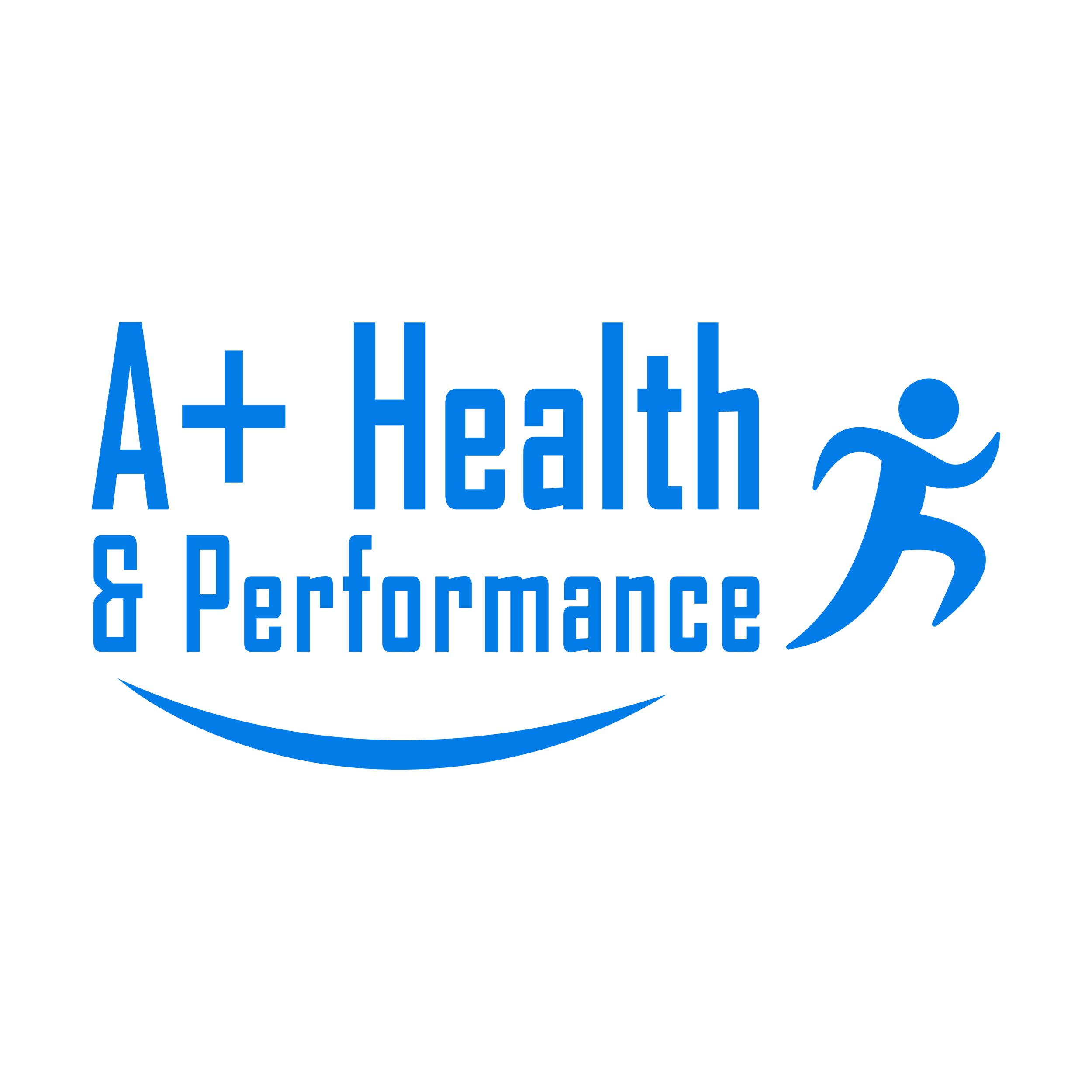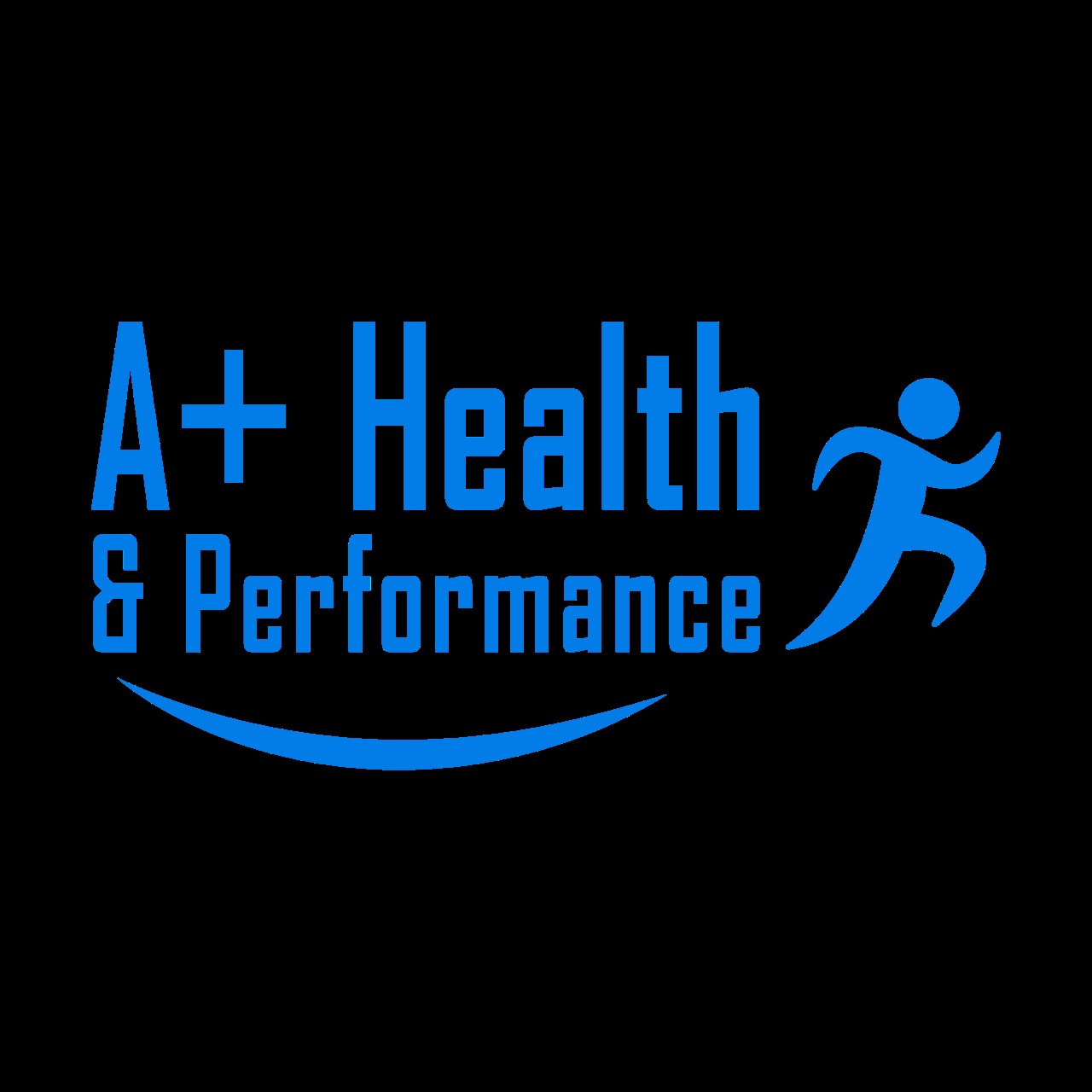'The Importance of Muscular Strength in Athletic Performance'
Most athletes are well aware of the benefits of strength training and as competitive athletes we endeavour to include it in our regular training programs but with busy lives, full training weeks, work, study and family commitments it's often the first thing to be left out when we're tired and stressed!
A recently published article is instrumental in highlighting the importance of strength in sports performance. The article 'The importance of muscular strength in athletic performance' concludes that higher levels of strength lead to improved performance in a variety of general and sports specific activities, with stronger athletes regularly performing better than weaker athletes of a similar skill level. Greater muscular strength was shown to improve rate of force development (explosive strength) and external muscular power. These attributes strongly correlated to improvements in sports specific skills such as sprinting, running speed, jumping, change of direction (agility), anaerobic power and endurance performance, with additional benefits shown in lower injury rates in stronger athletes.
Fig 1. Theoretical relationship between back squat relative strength and performance capability
The figure from the article demonstrates that as squat strength improves so does performance capability with the greatest improvement in the 'strength association' phase, which is where the athlete is strong enough to translate that strength into sports specific performance. It is suggested that for optimal performance athletes should aim to squat up to 2x body weight, however this may not be realistic for many athletes competing in certain sports but the take home message is that whatever your sport, greater relative strength (per kg of body weight) will lead to greater overall sports performance with benefits starting to develop when athletes are able to squat at least half their body weight.
As we cannot change our genetics or body types, the best way to improve absolute and relative strength is through specific periodised strength training using moderate to heavy loads (75-95%) with low (3-5) repetitions through a variety of complex multi-joint exercises. I generally recommend at least 2 sessions of strength training per week for most non-strength sport athletes, with a minimum of 30 minutes being beneficial for time-crunched athletes.
This article further highlights the importance of strength training for all athletes wanting to improve their performance. If you are neglecting this part of your training you are missing a vital component of athletic development and performance gains.
Referenced article:
Suchomel, T.J., Nimphius, S. & Stone, M.H., The Importance of Muscular Strength in Athletic Performance, J. Sports Med (2016) 46:10, 1419-49.


